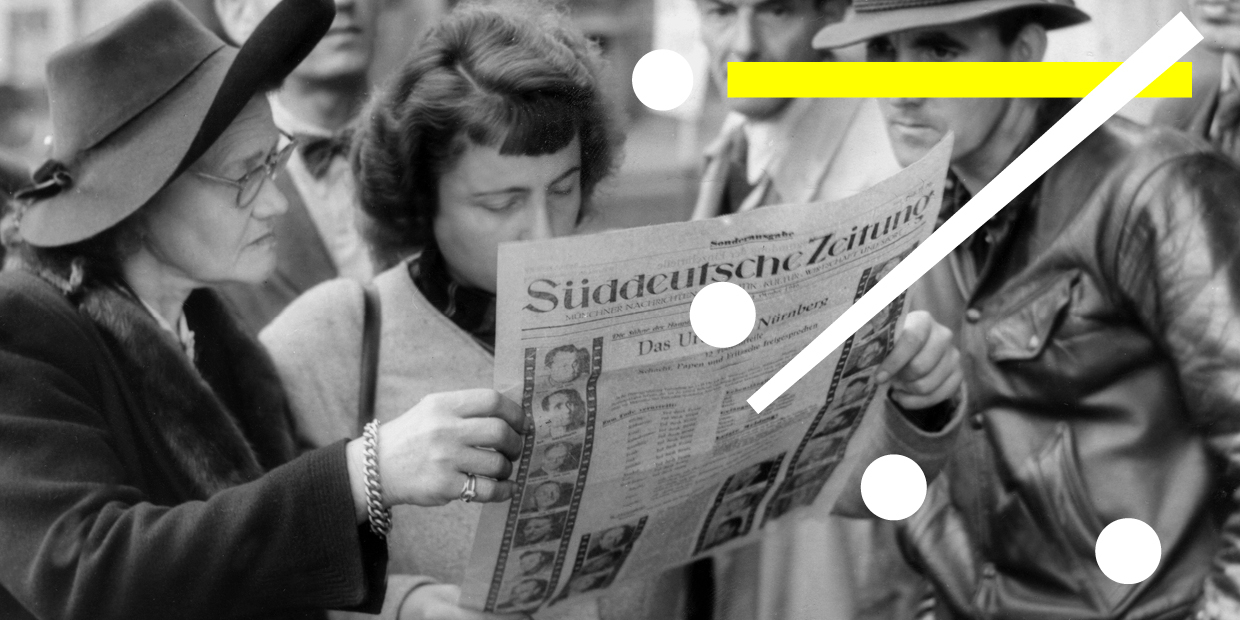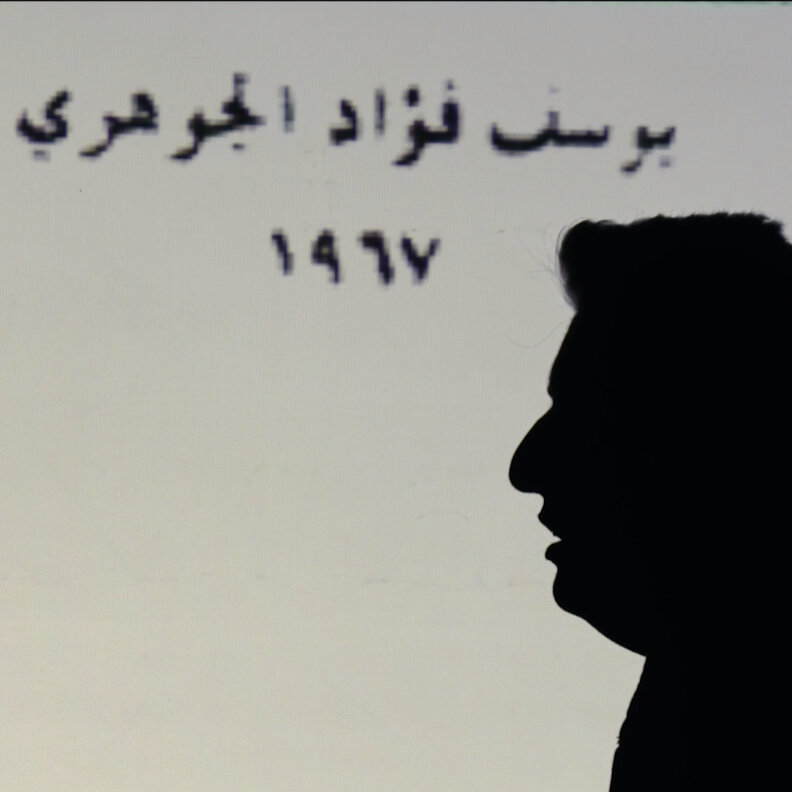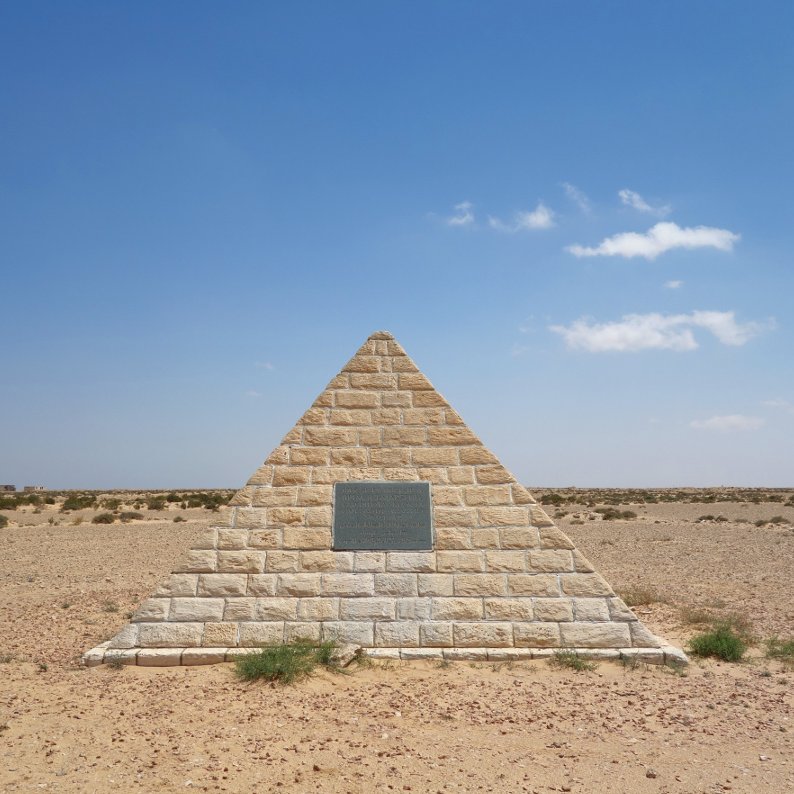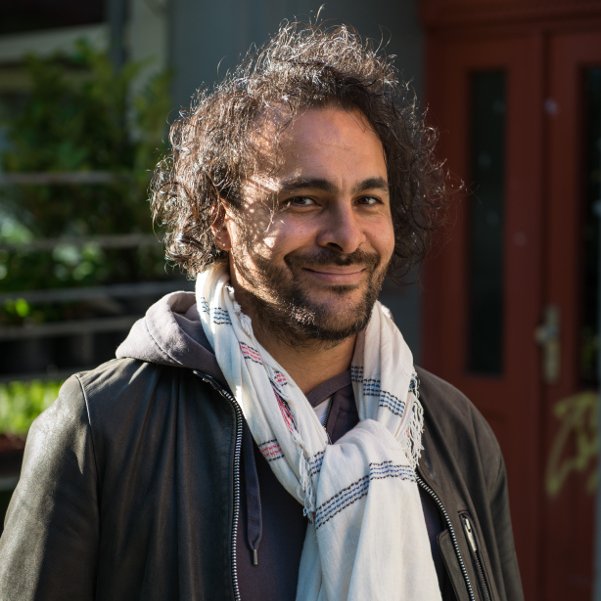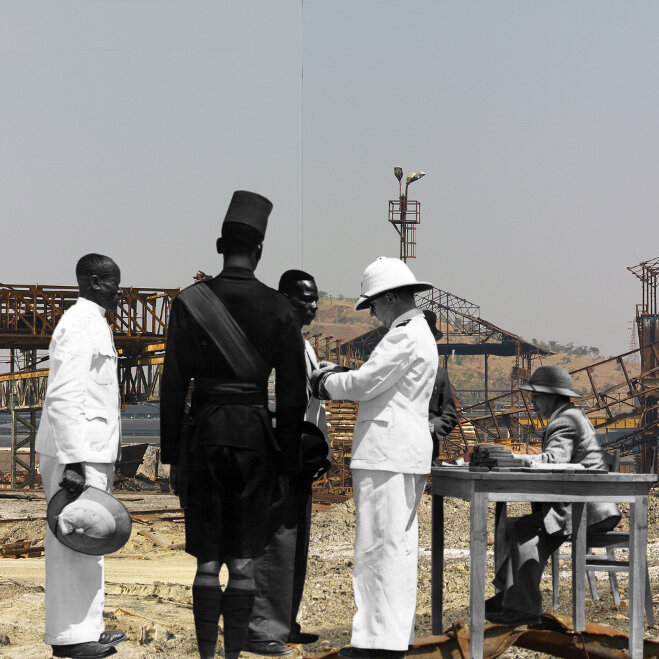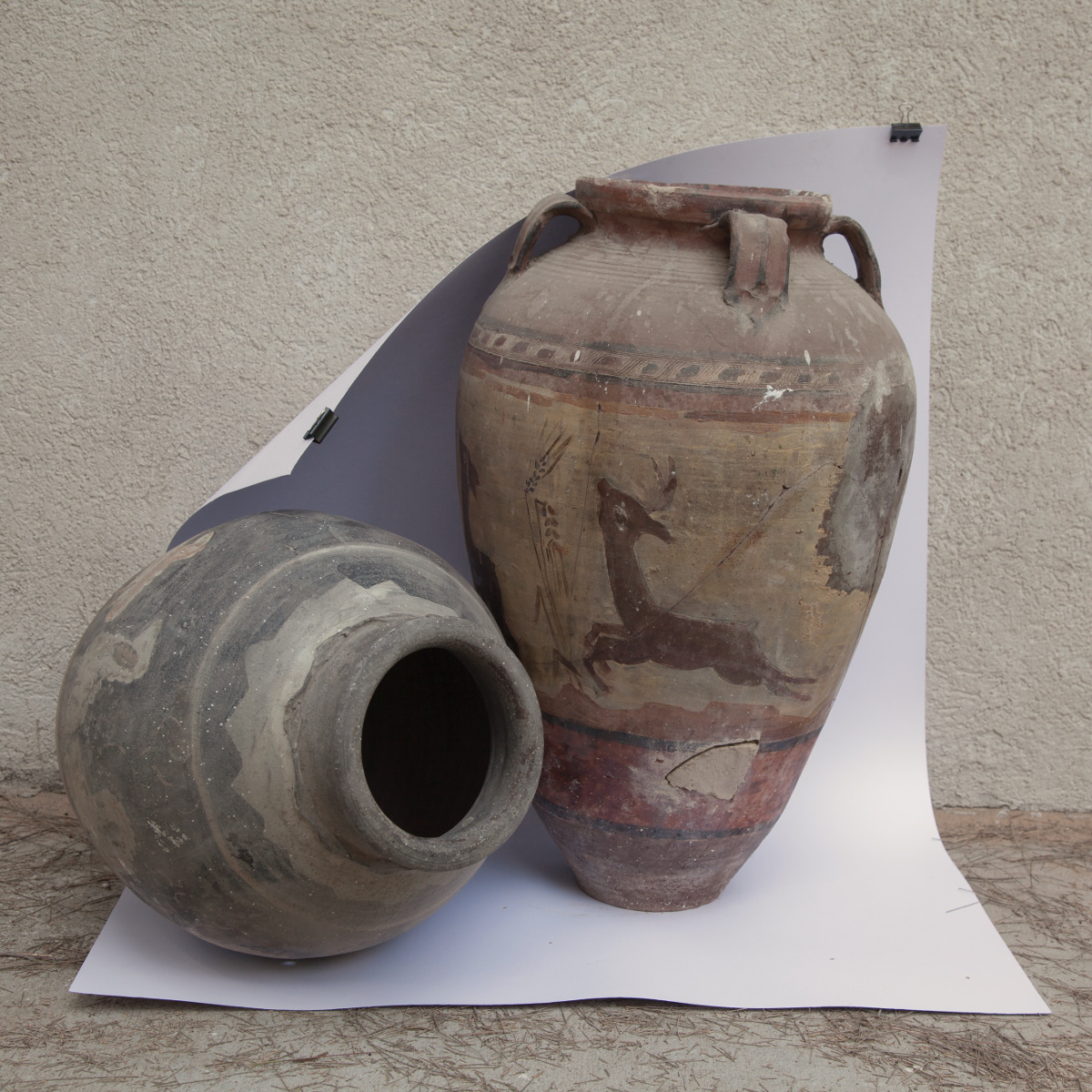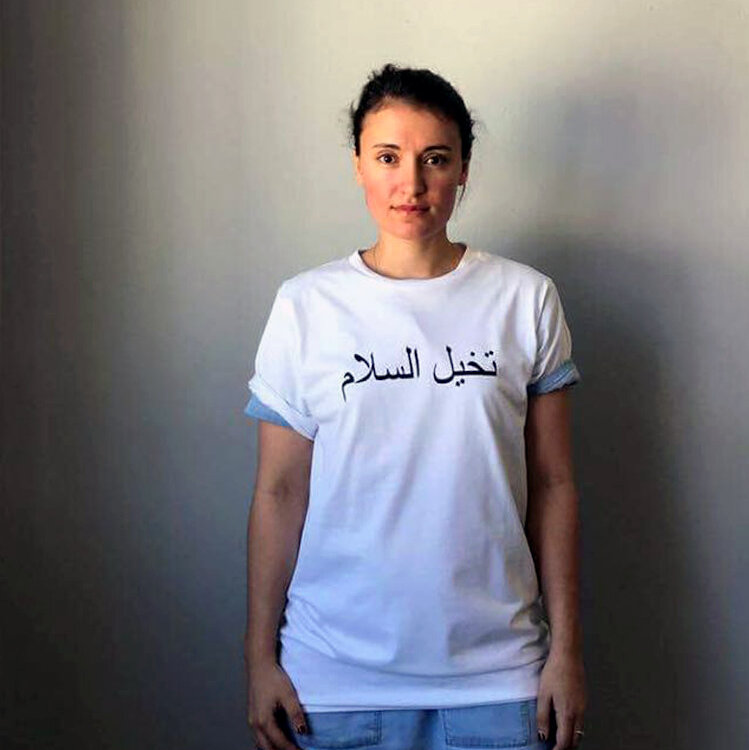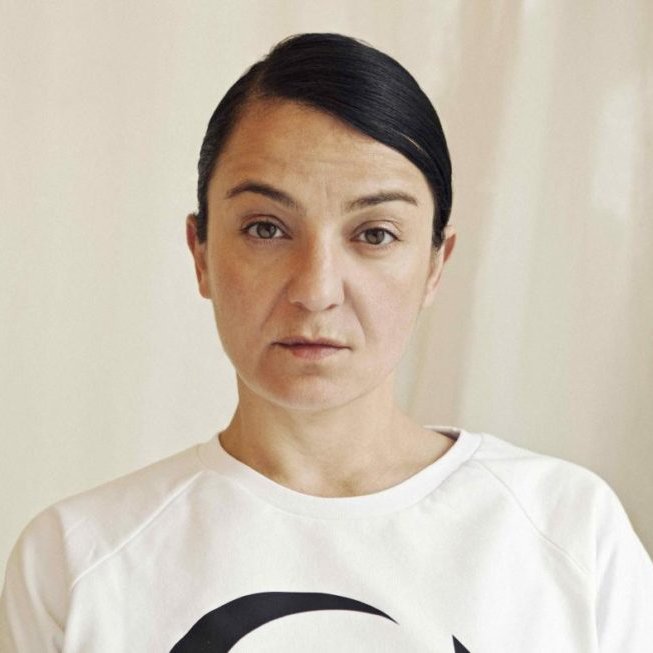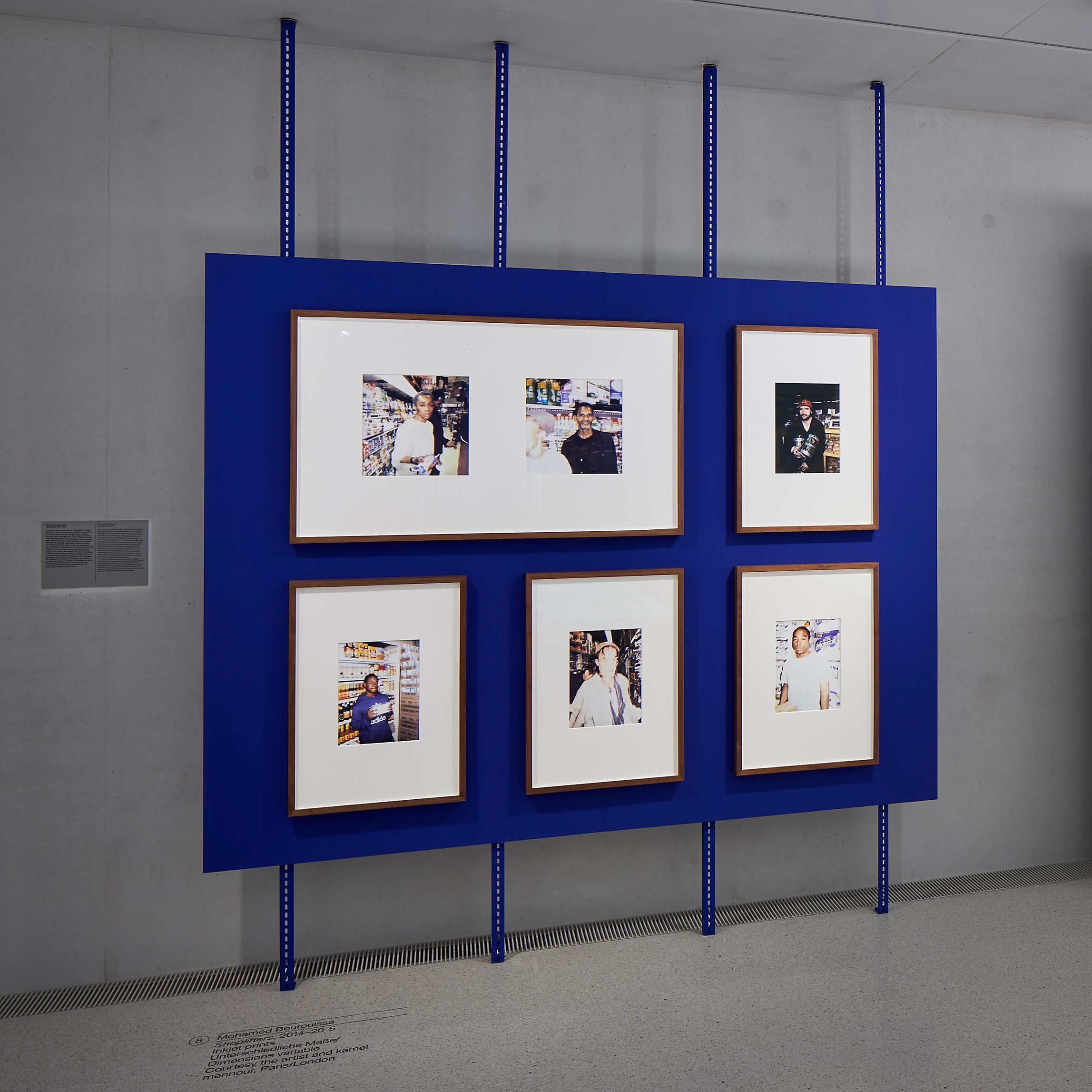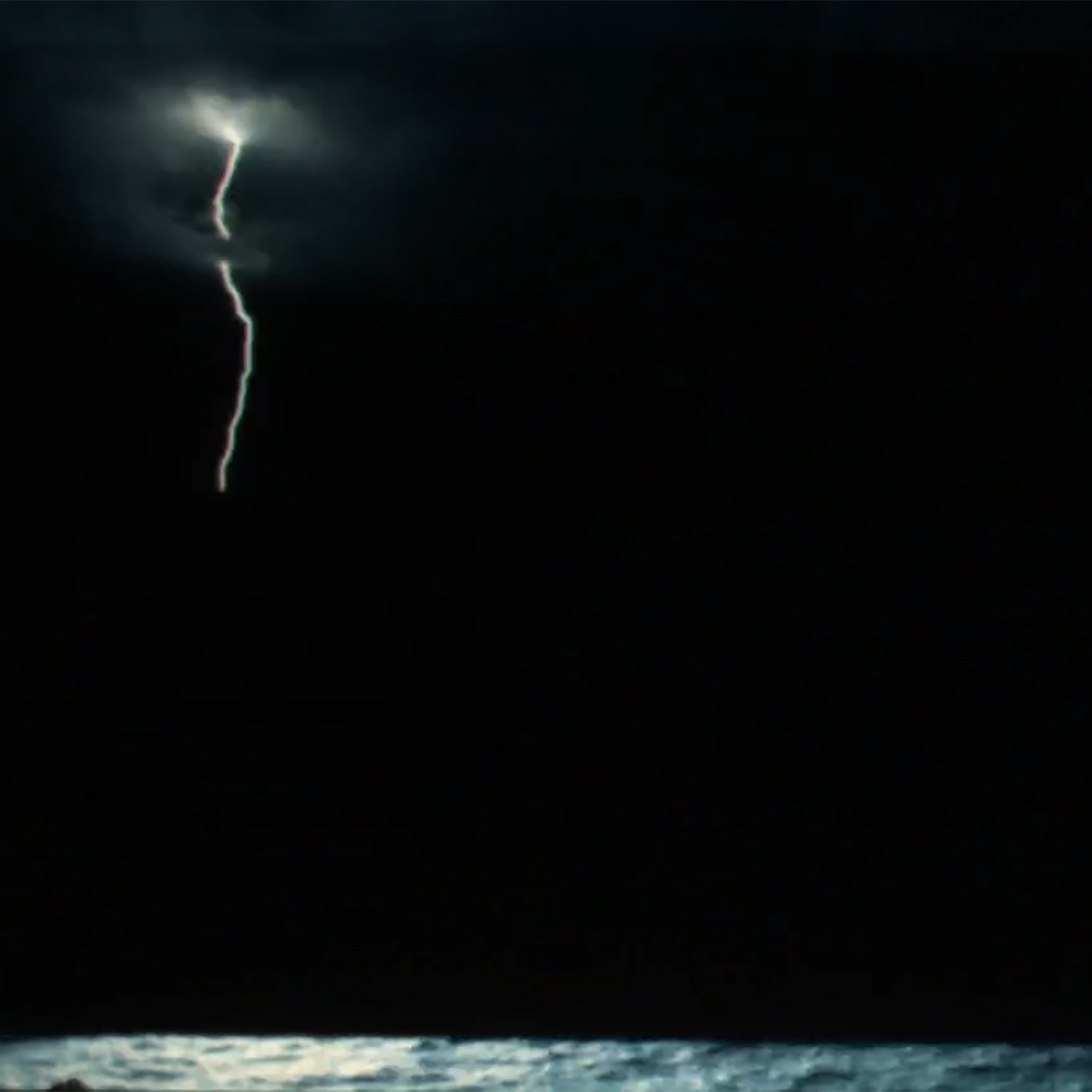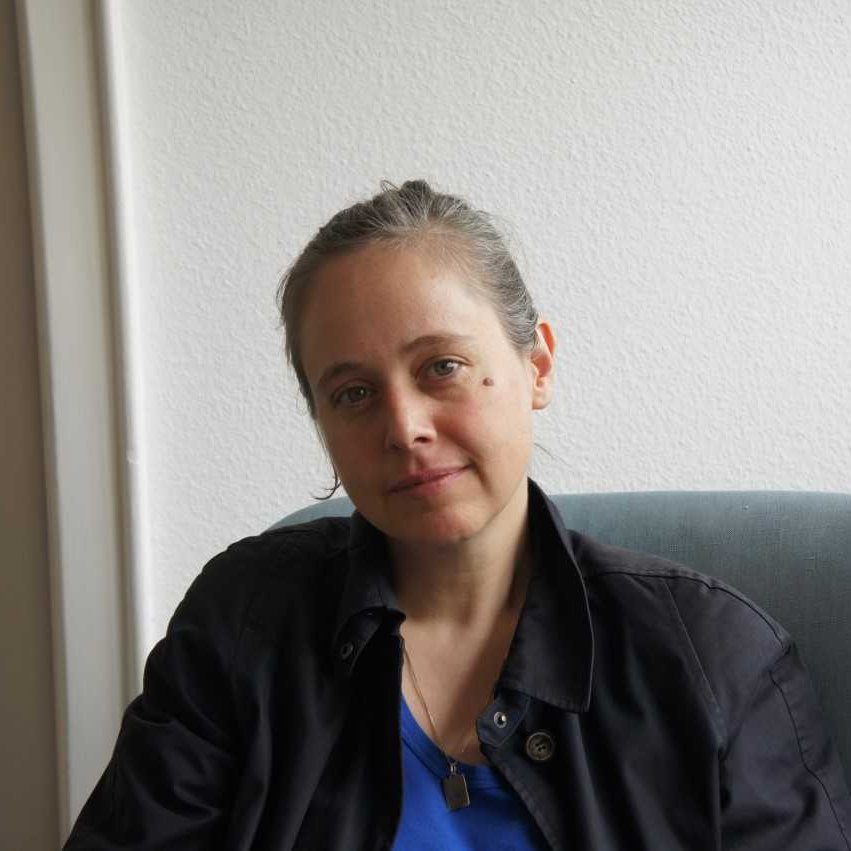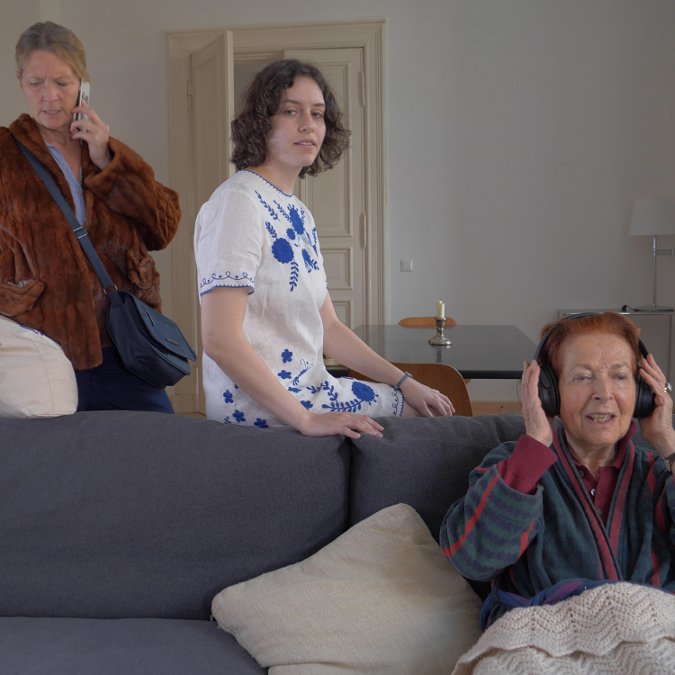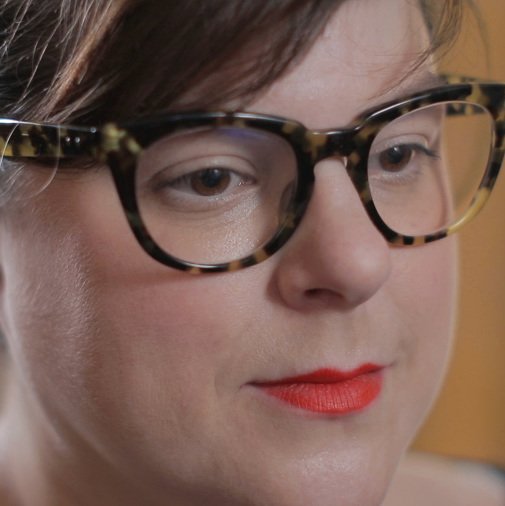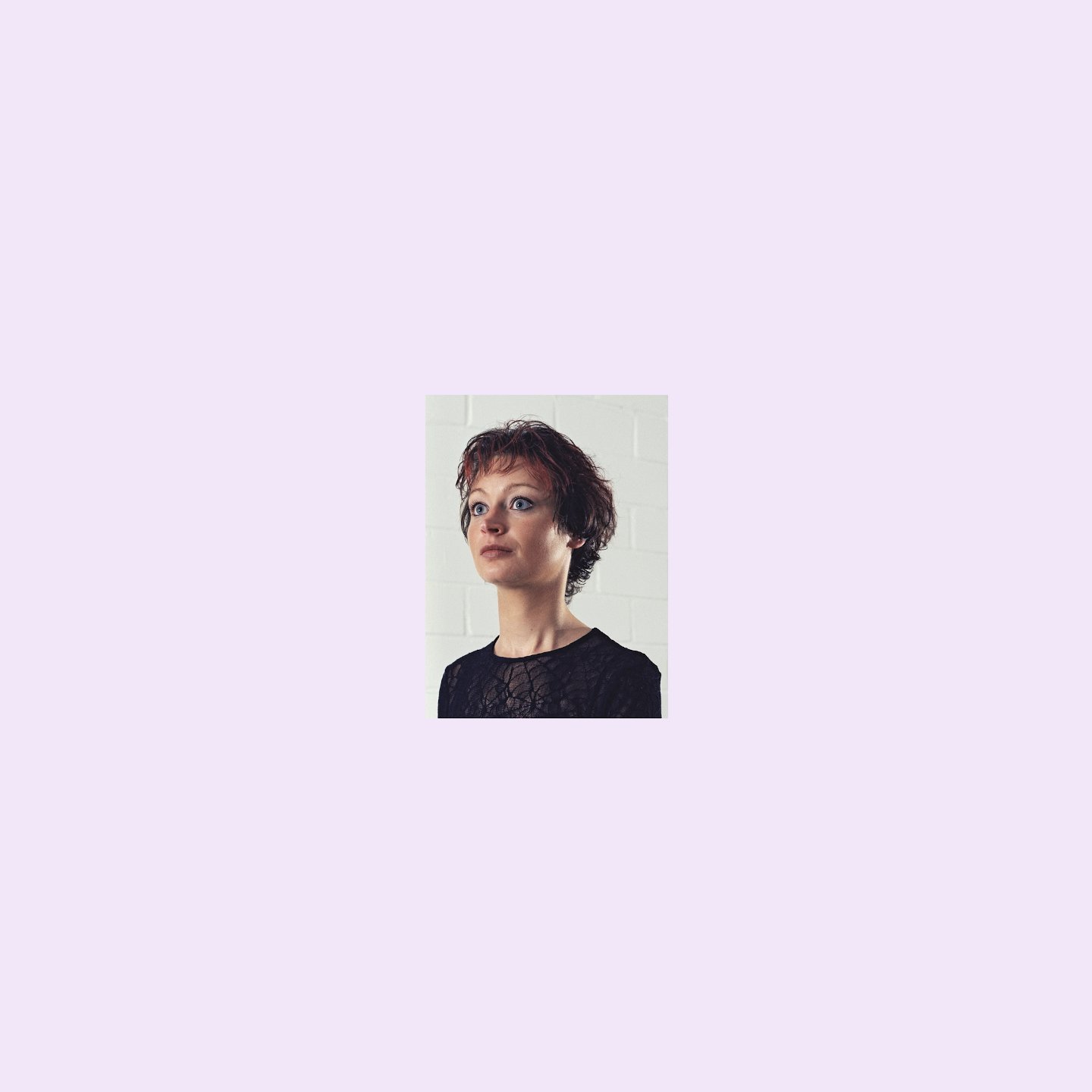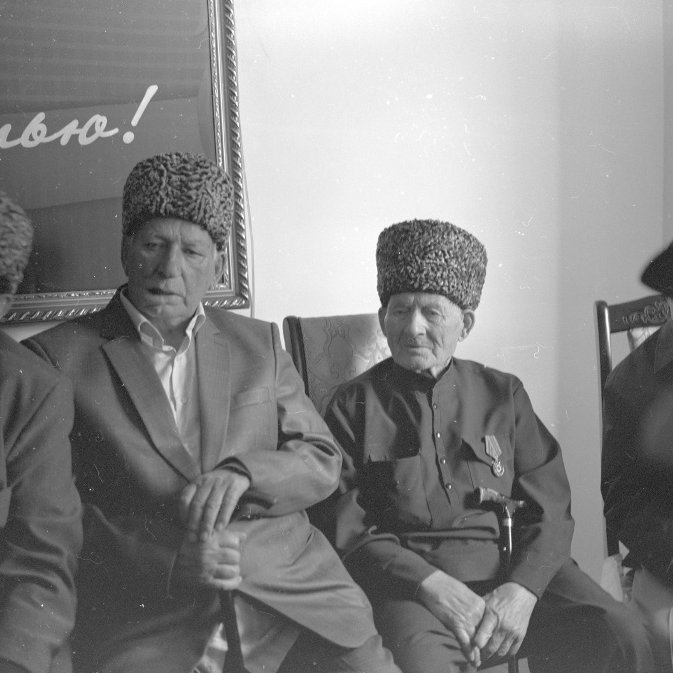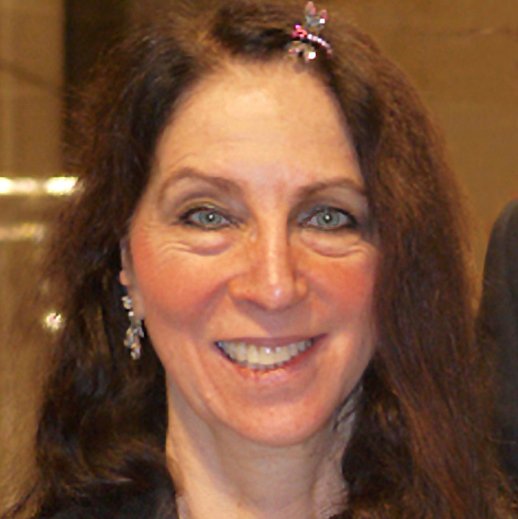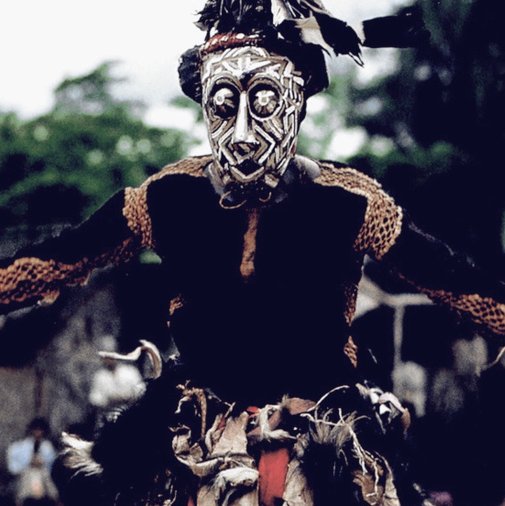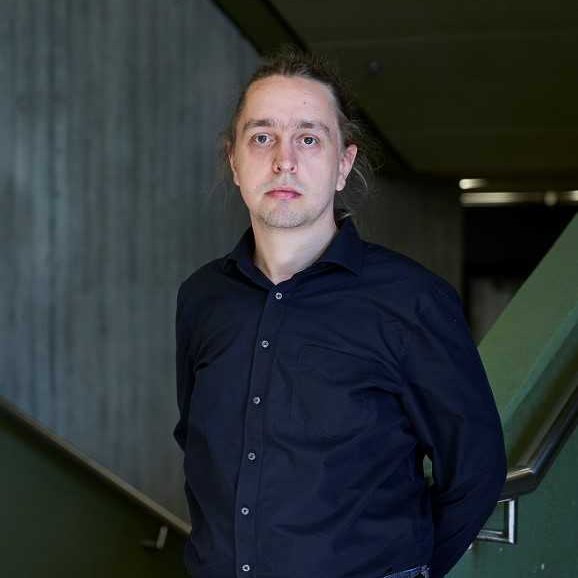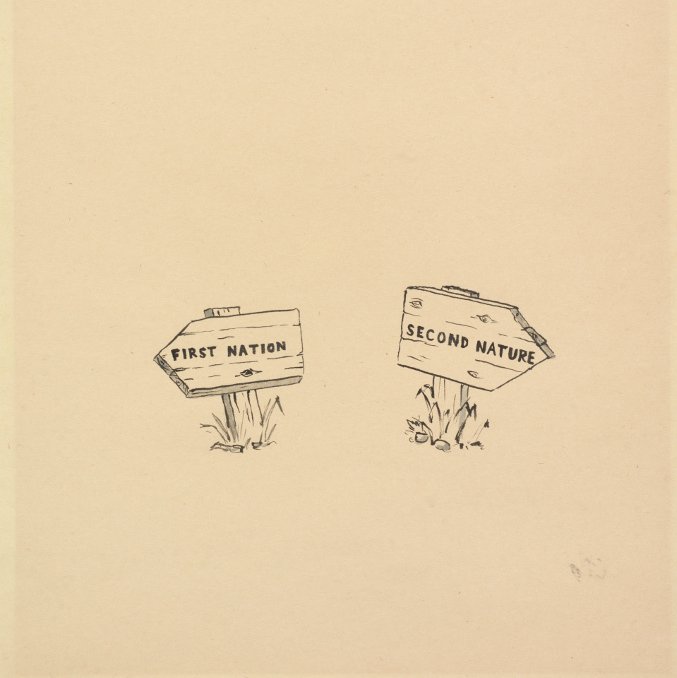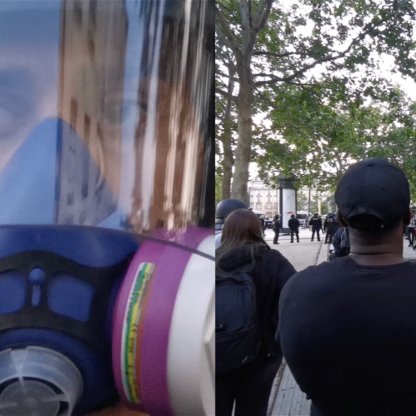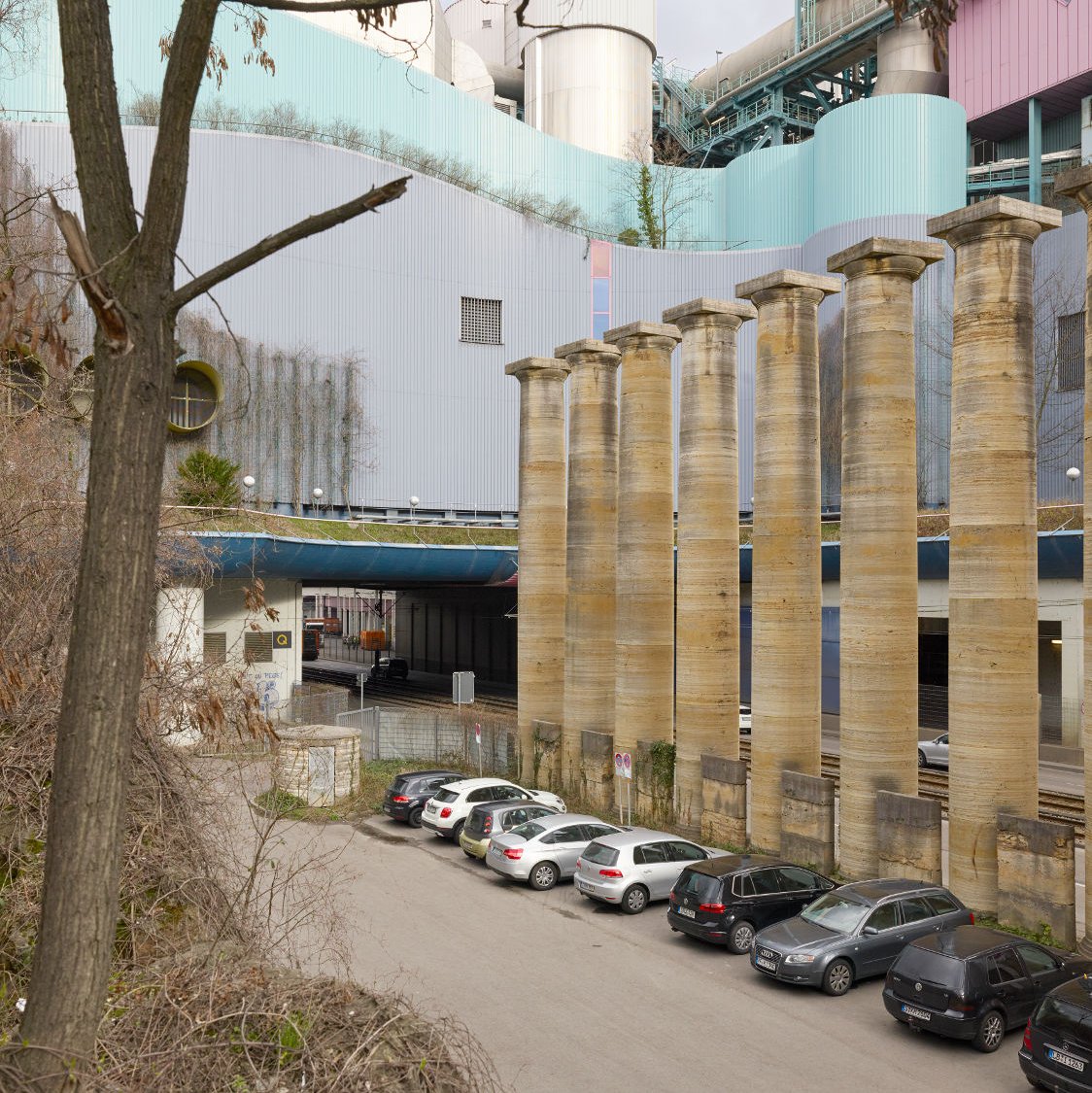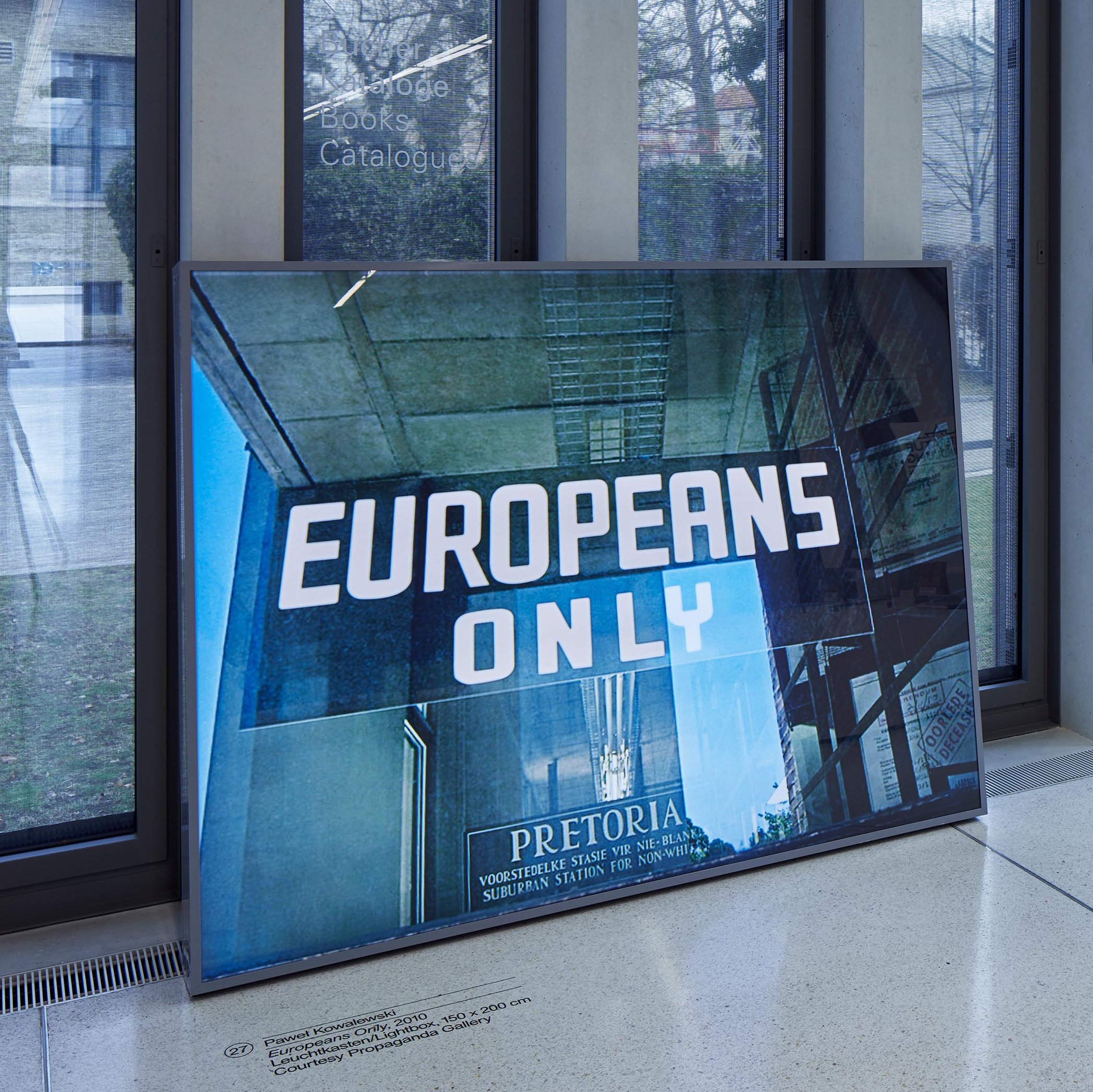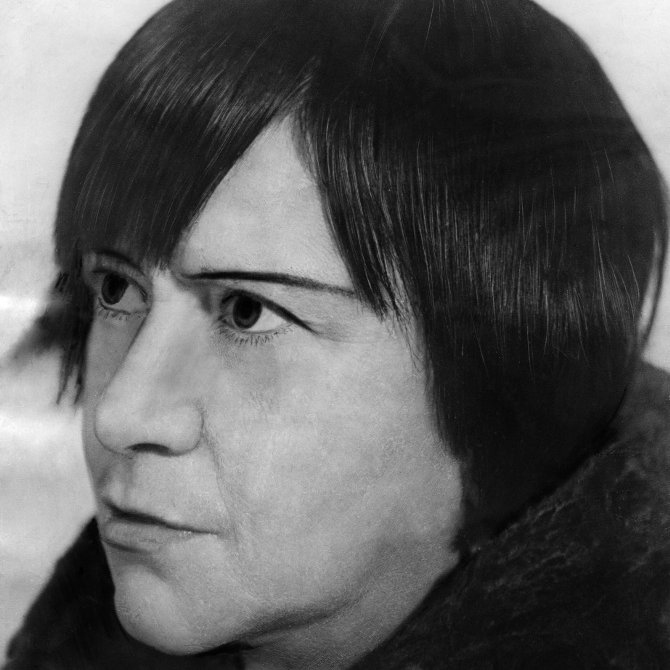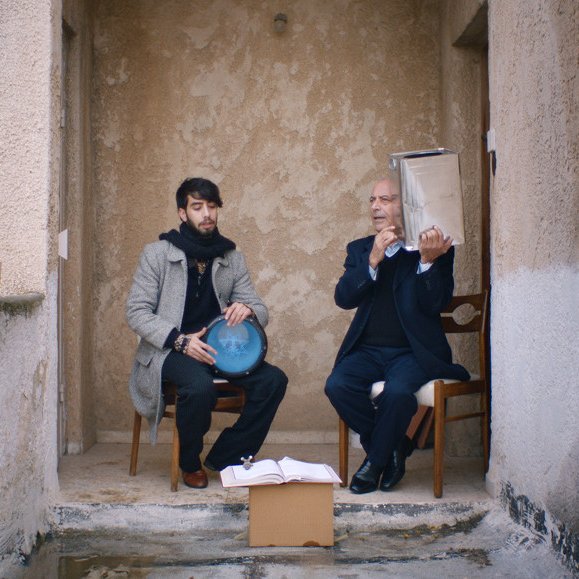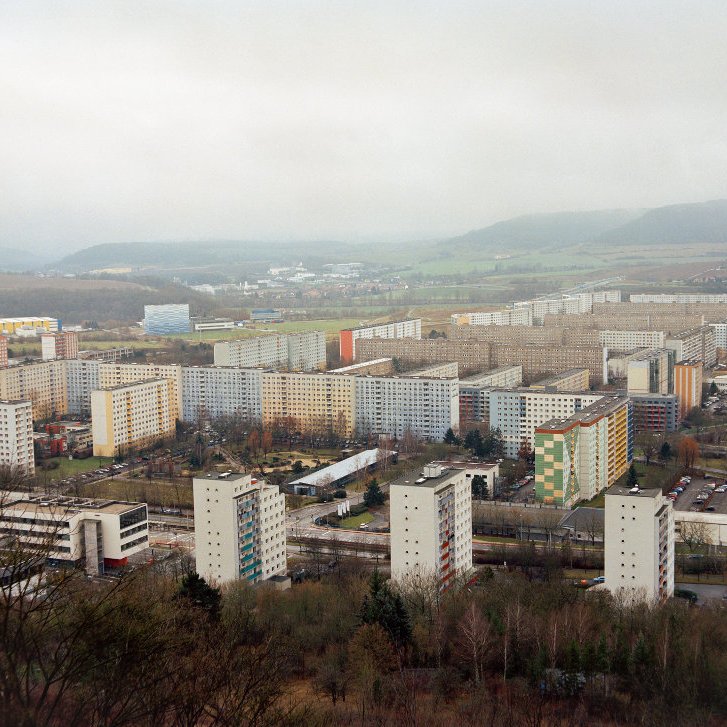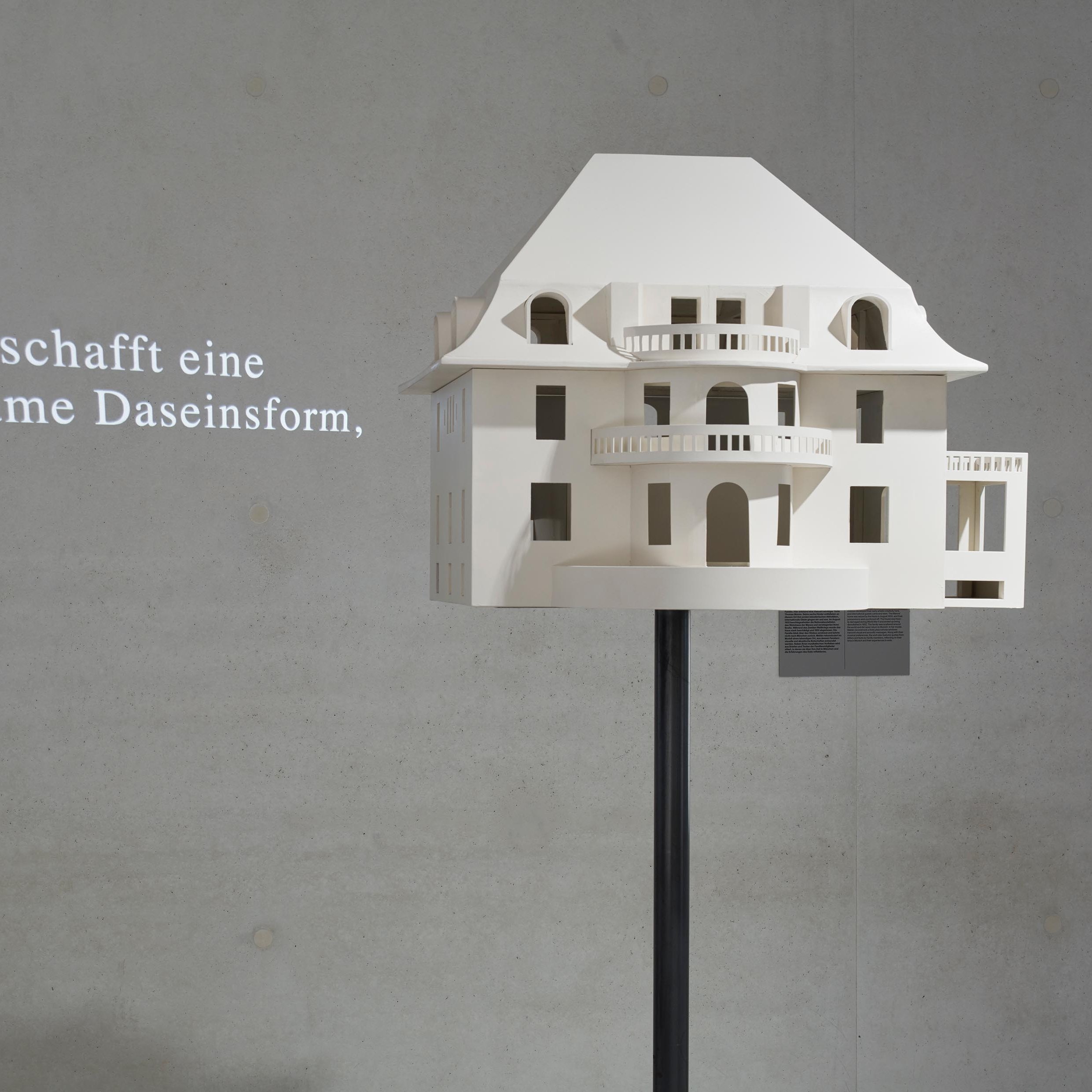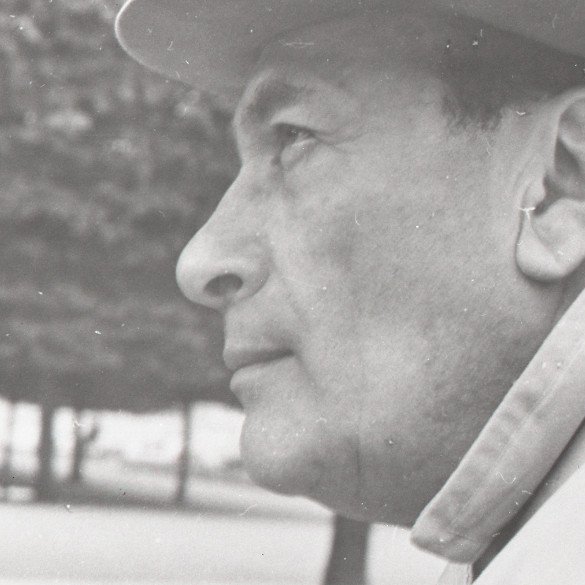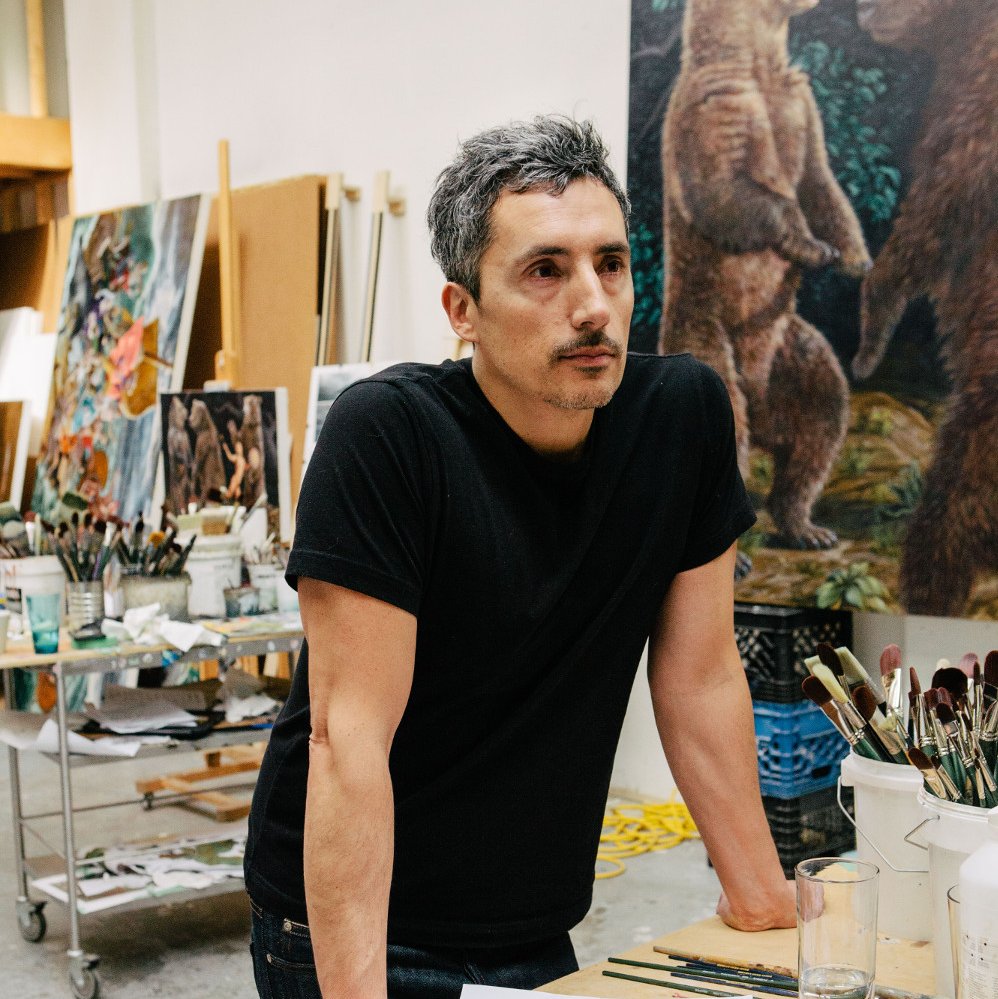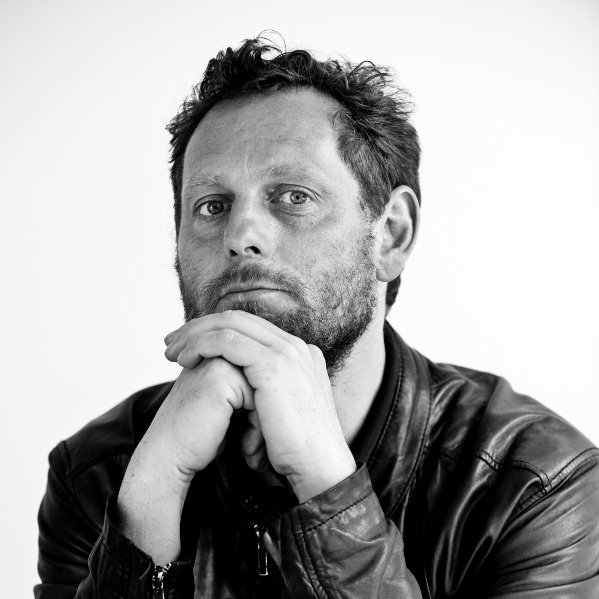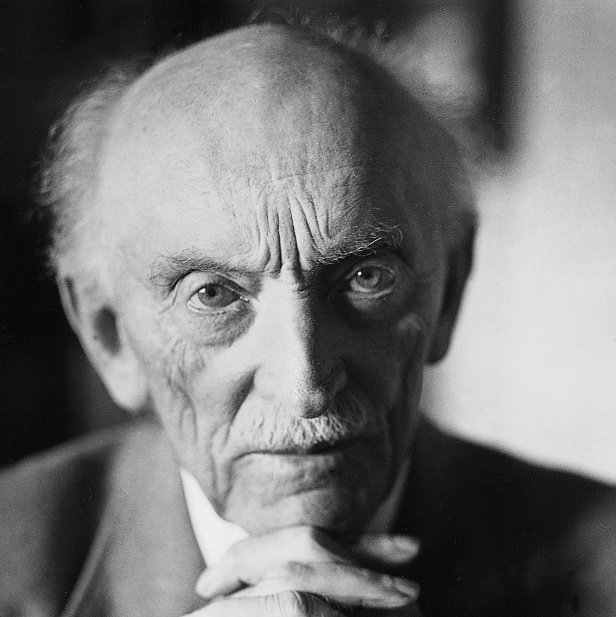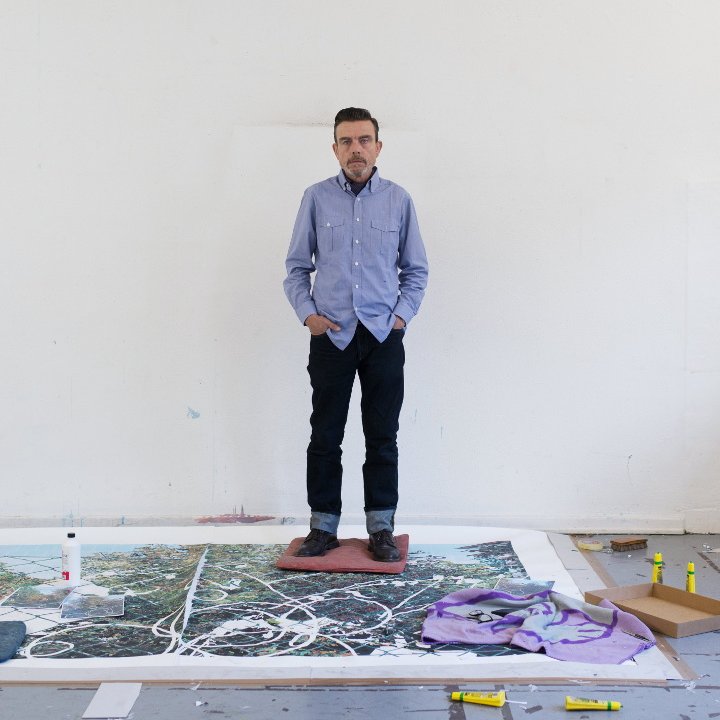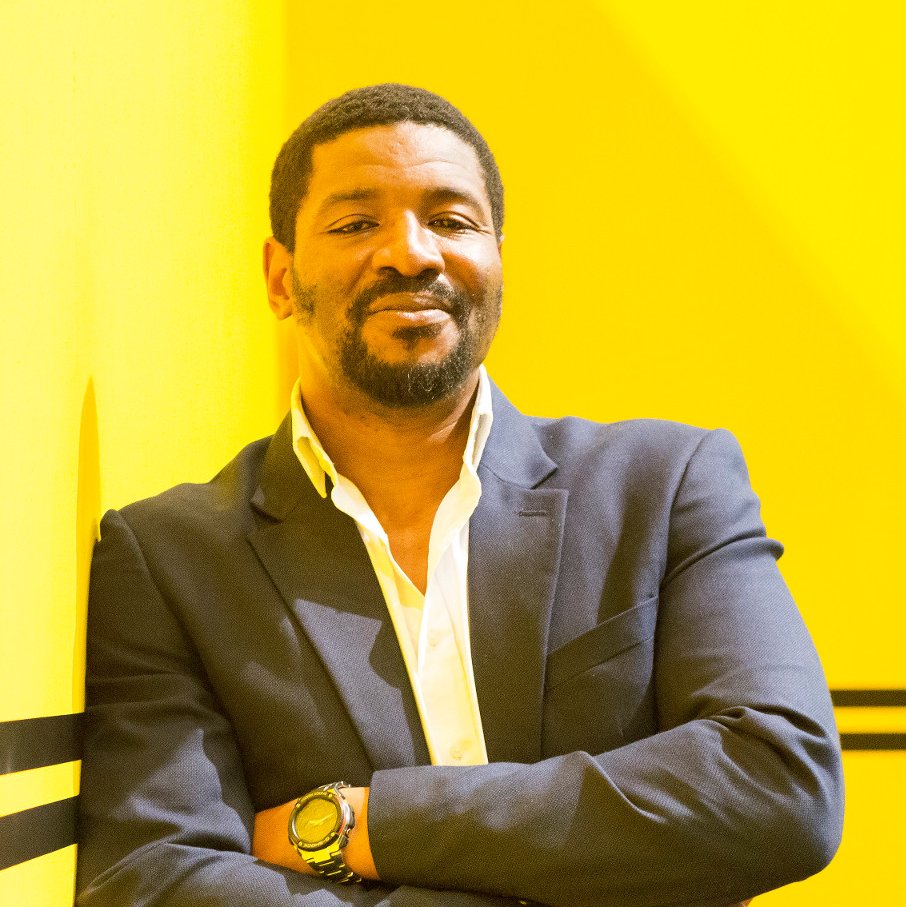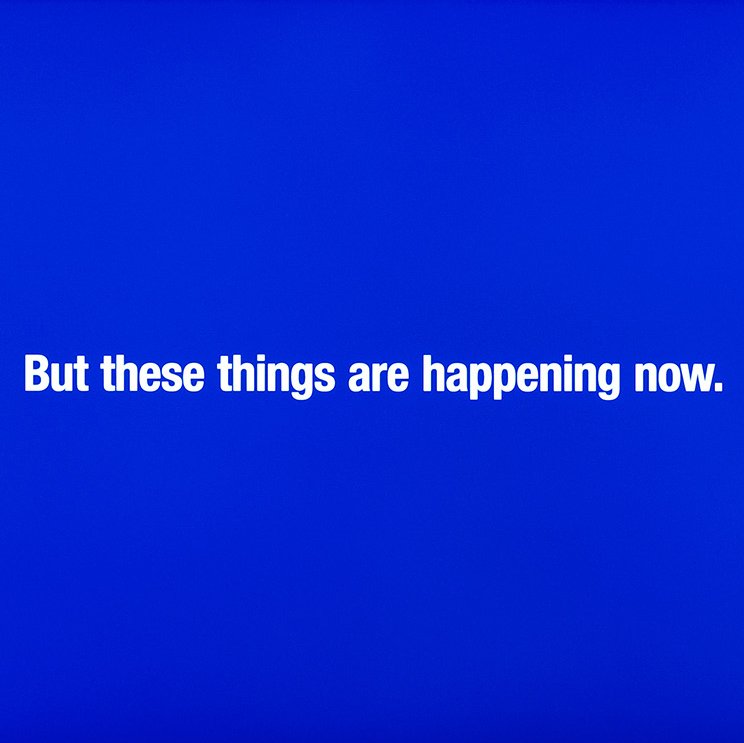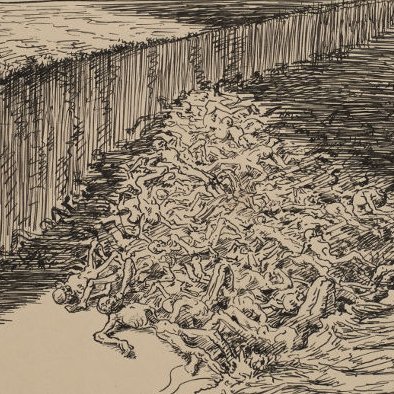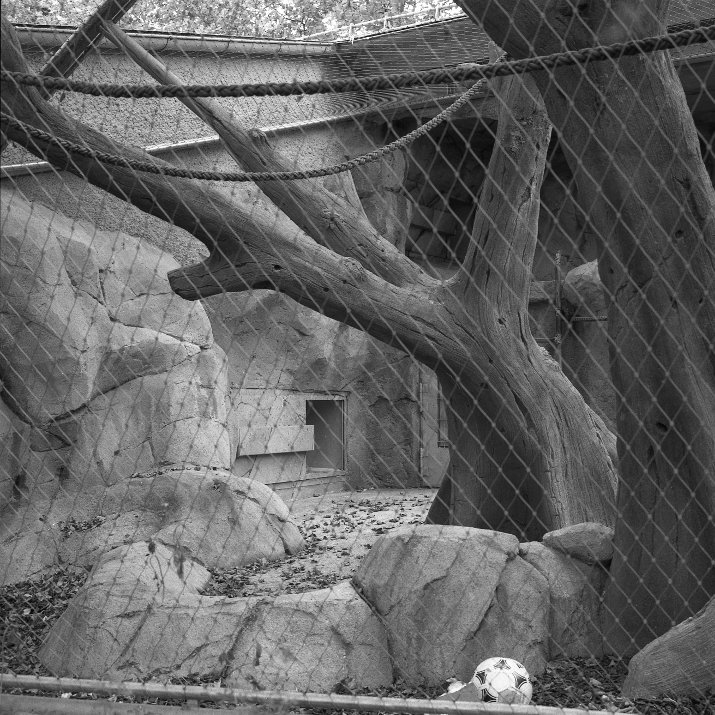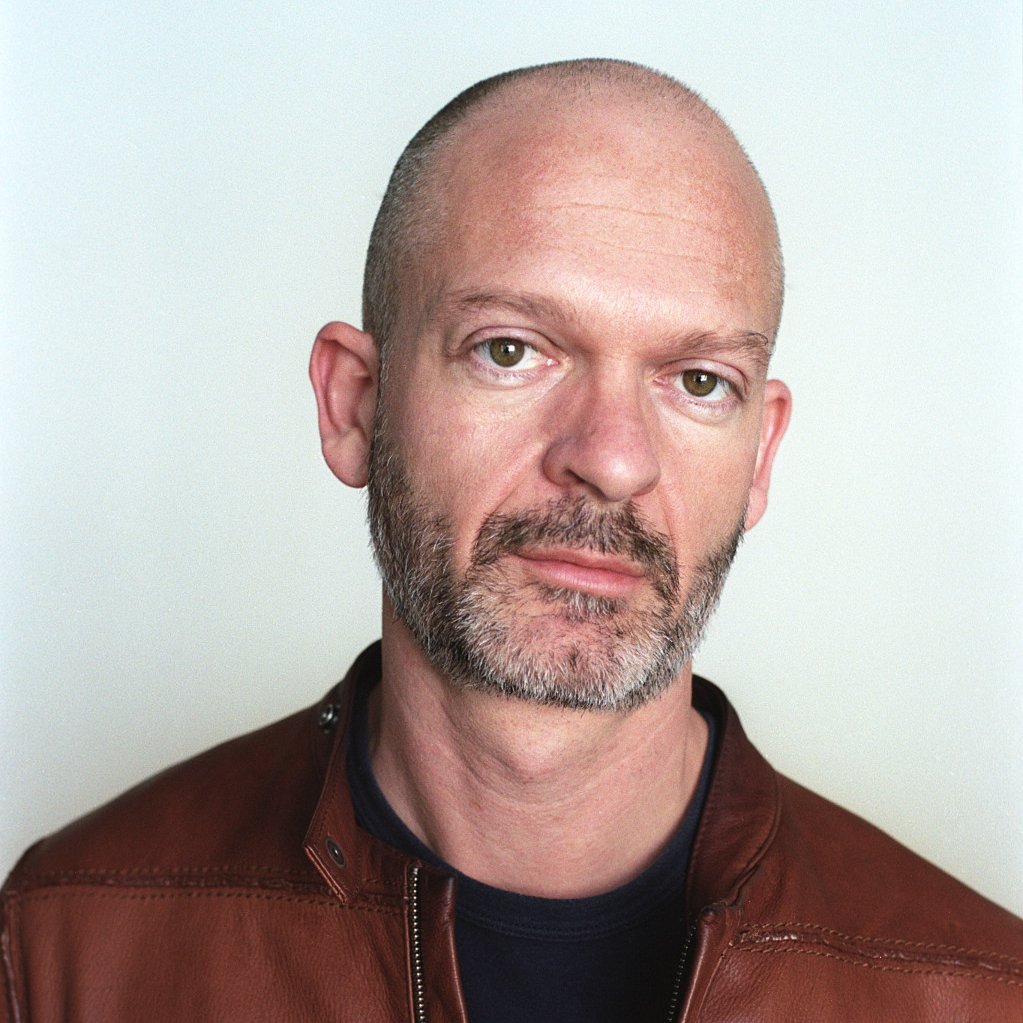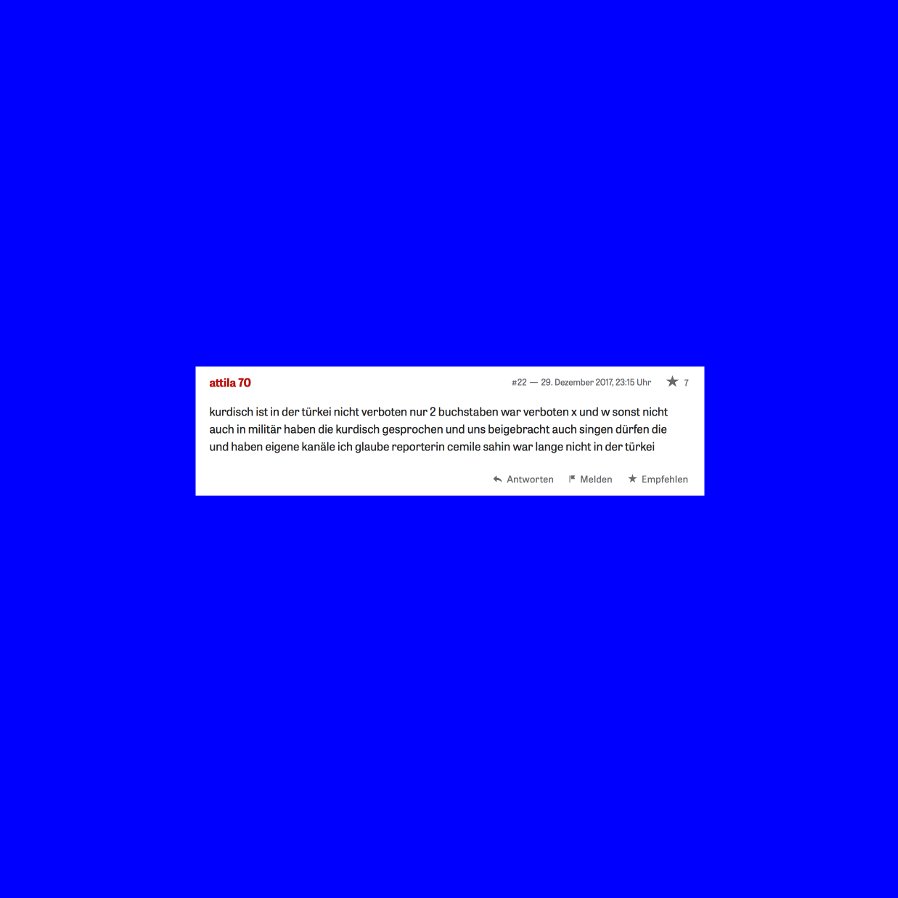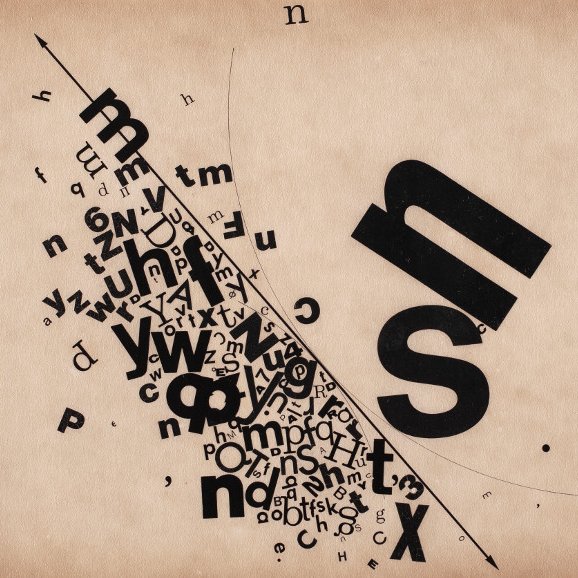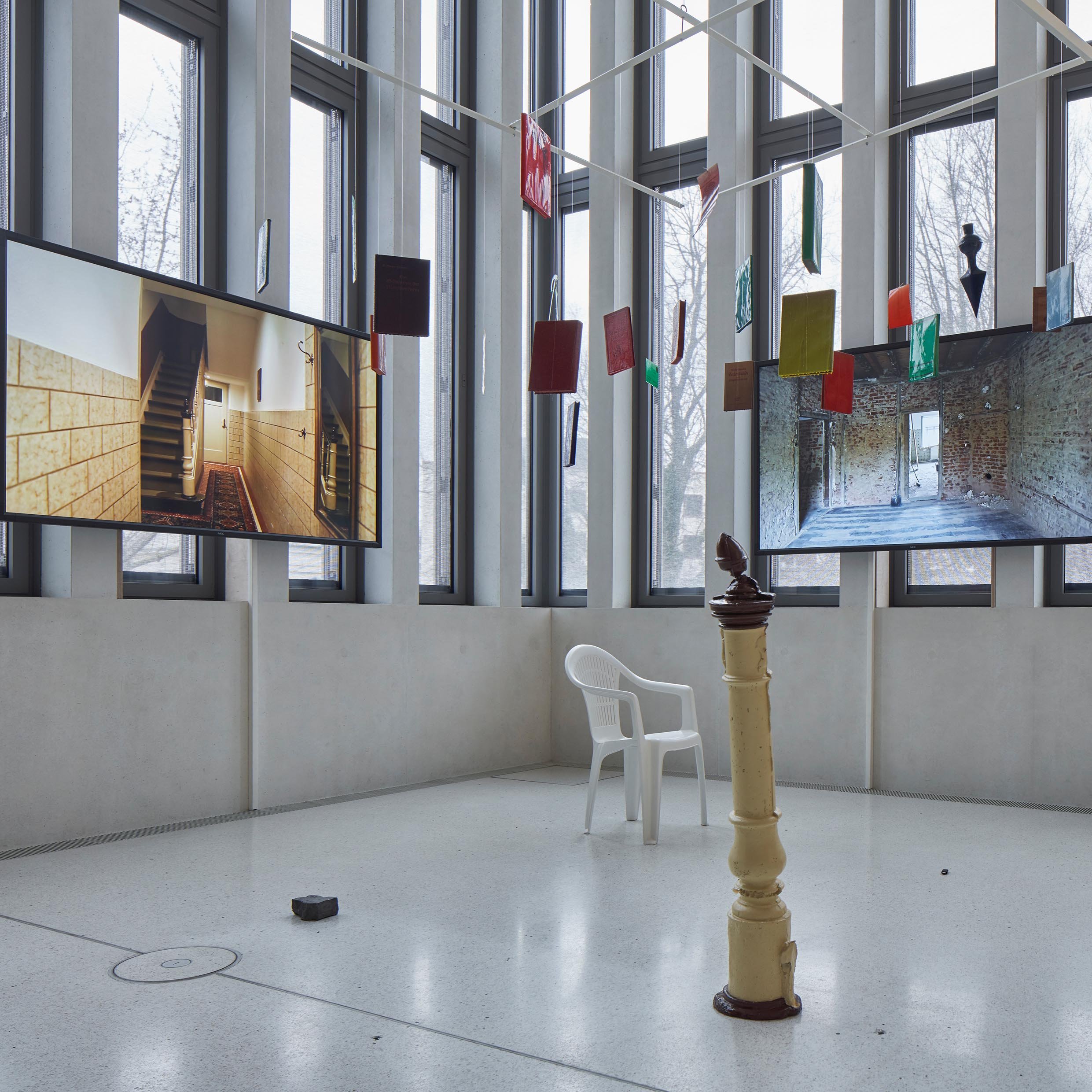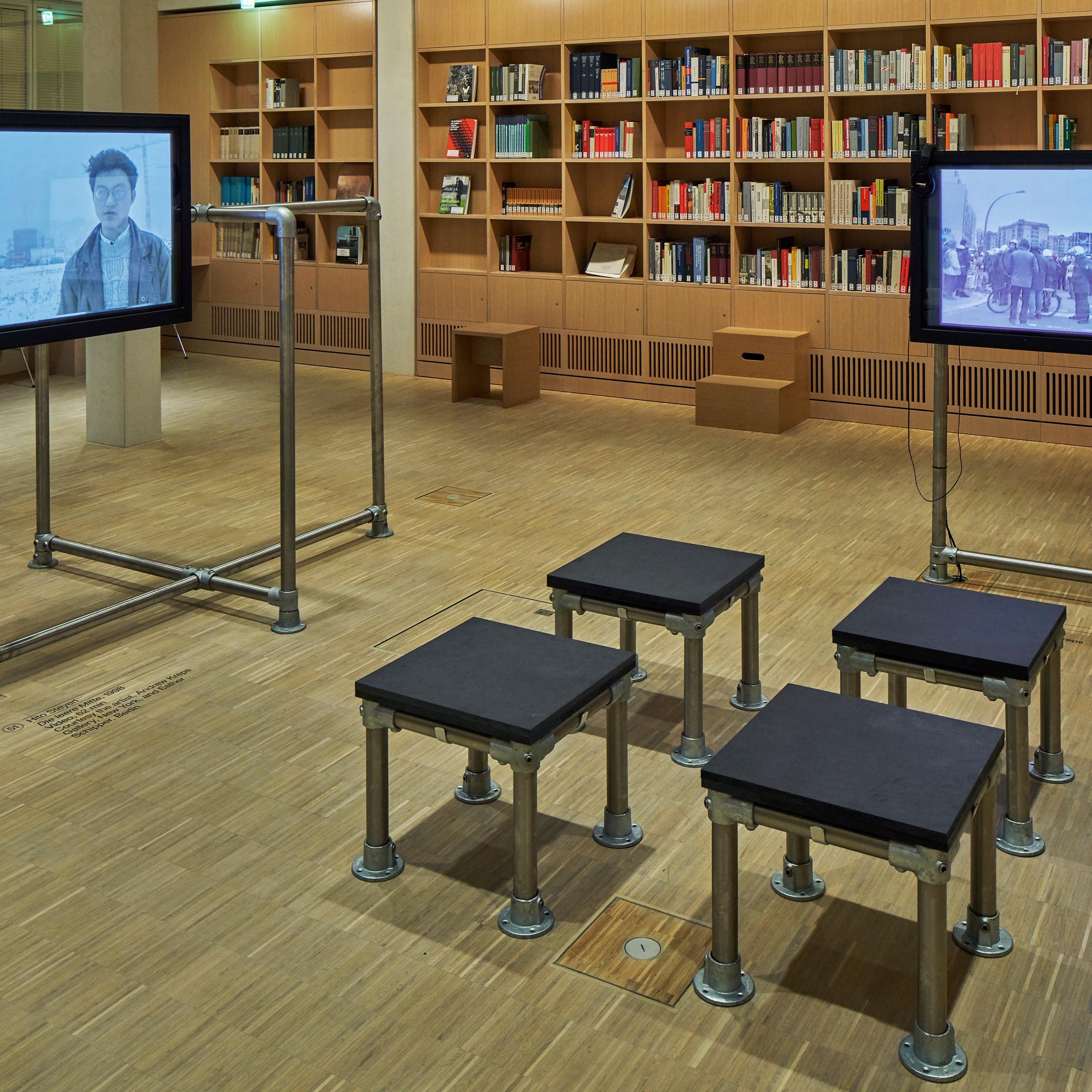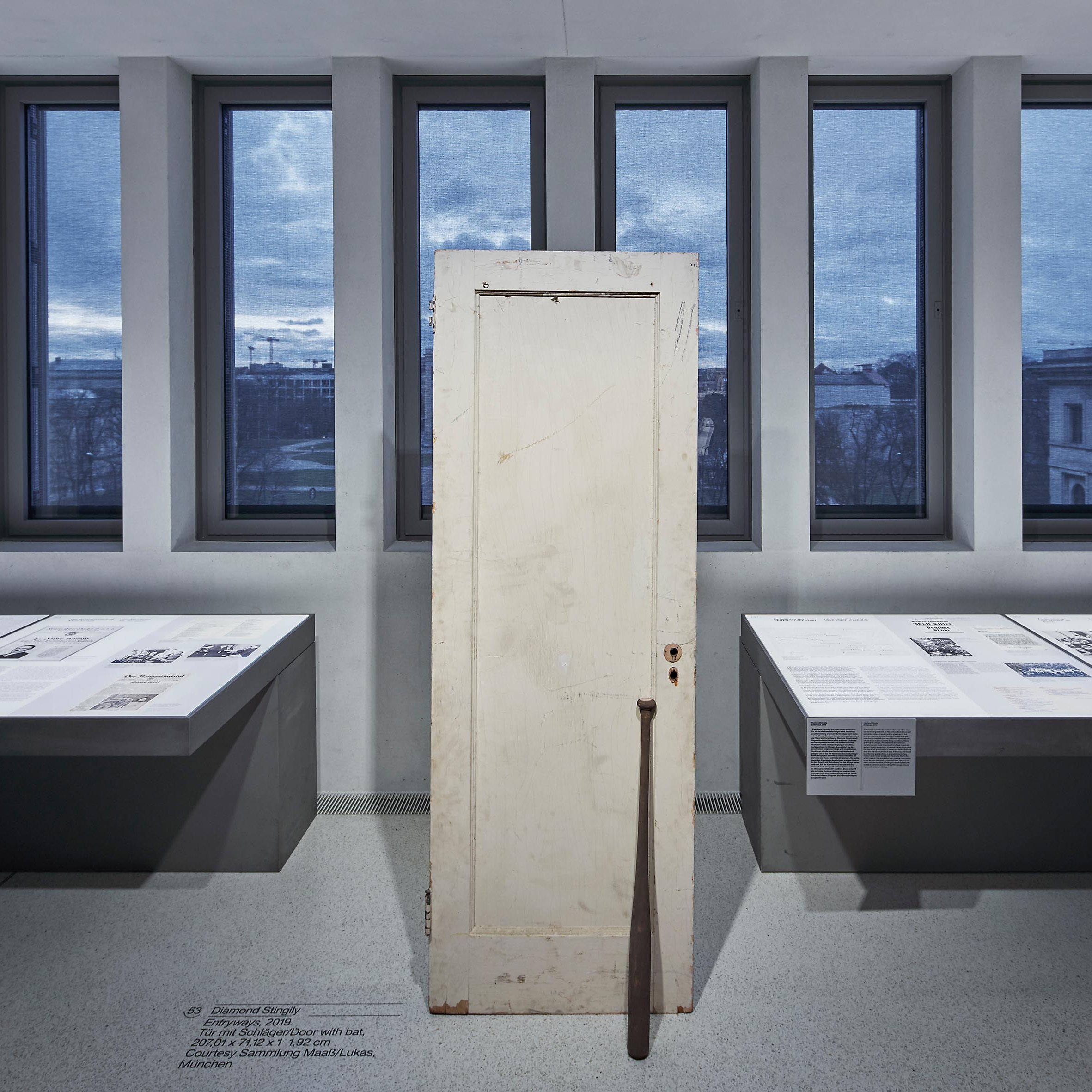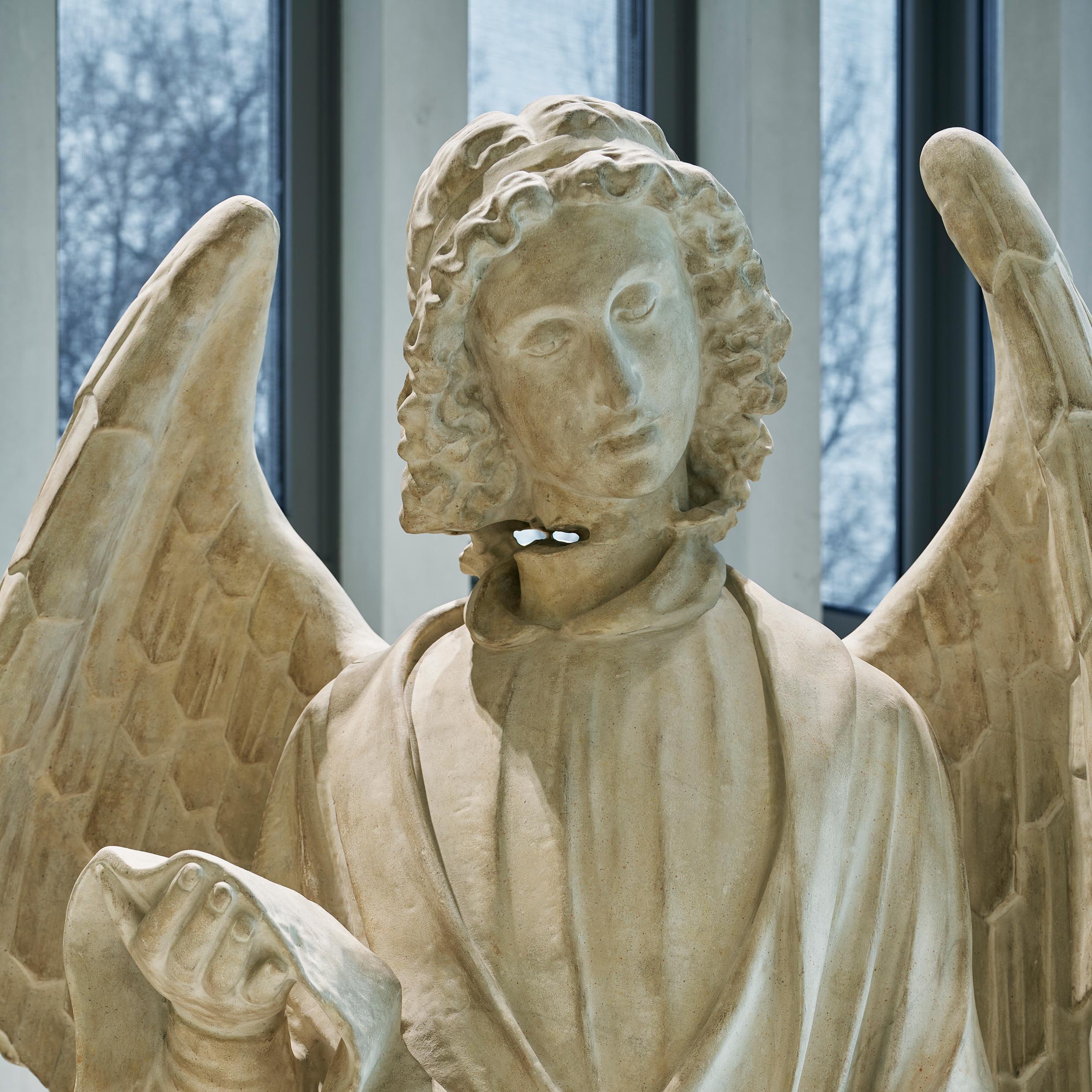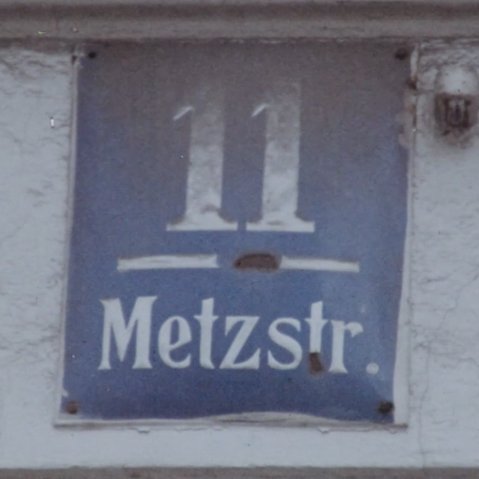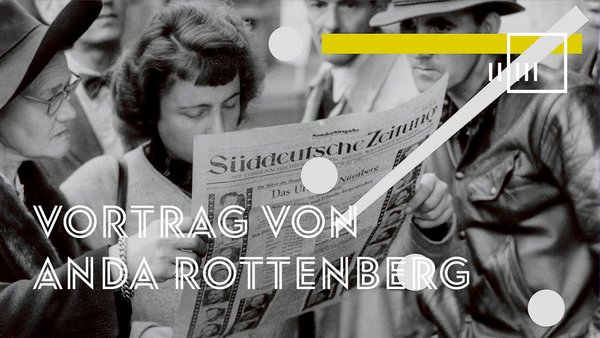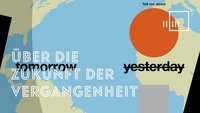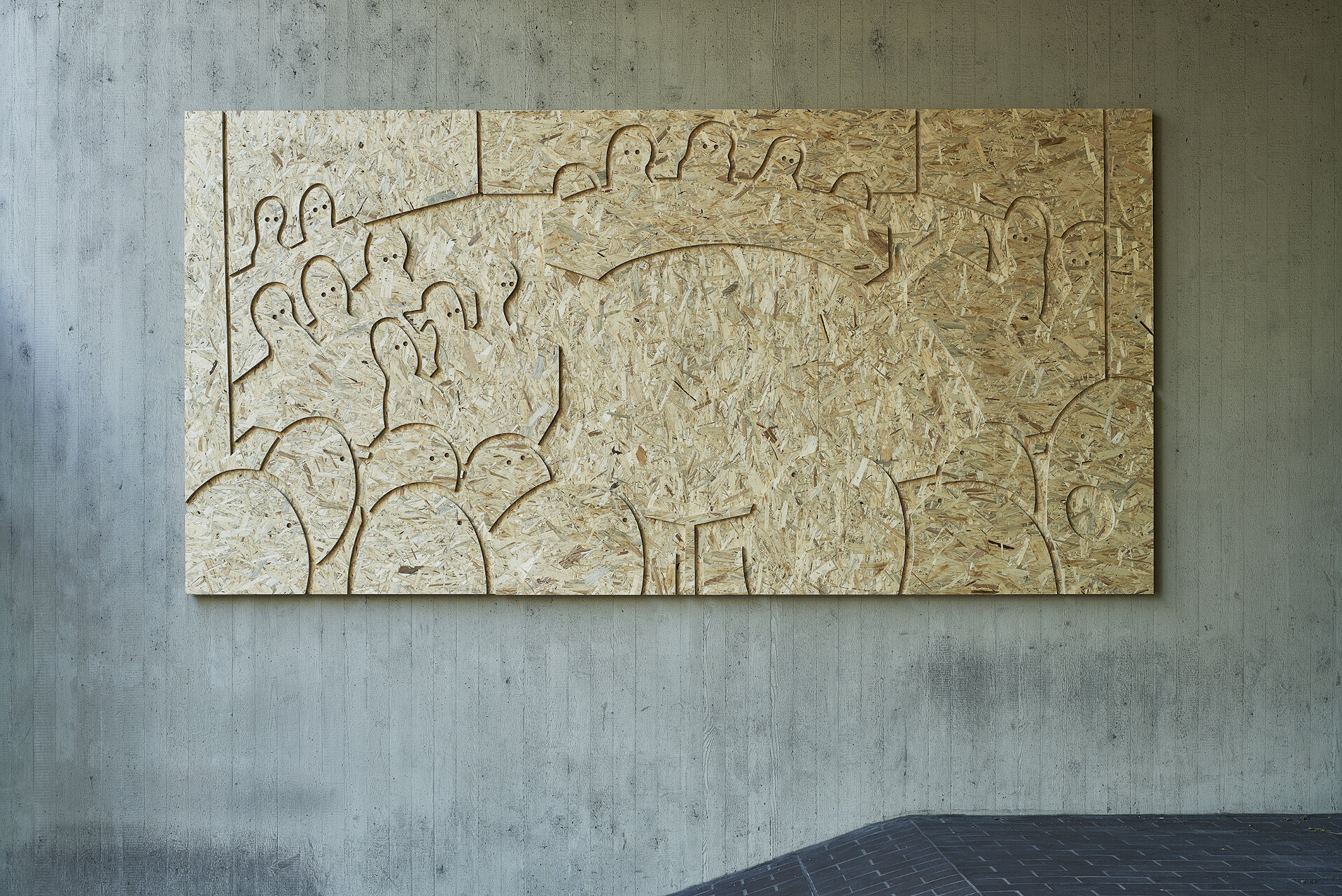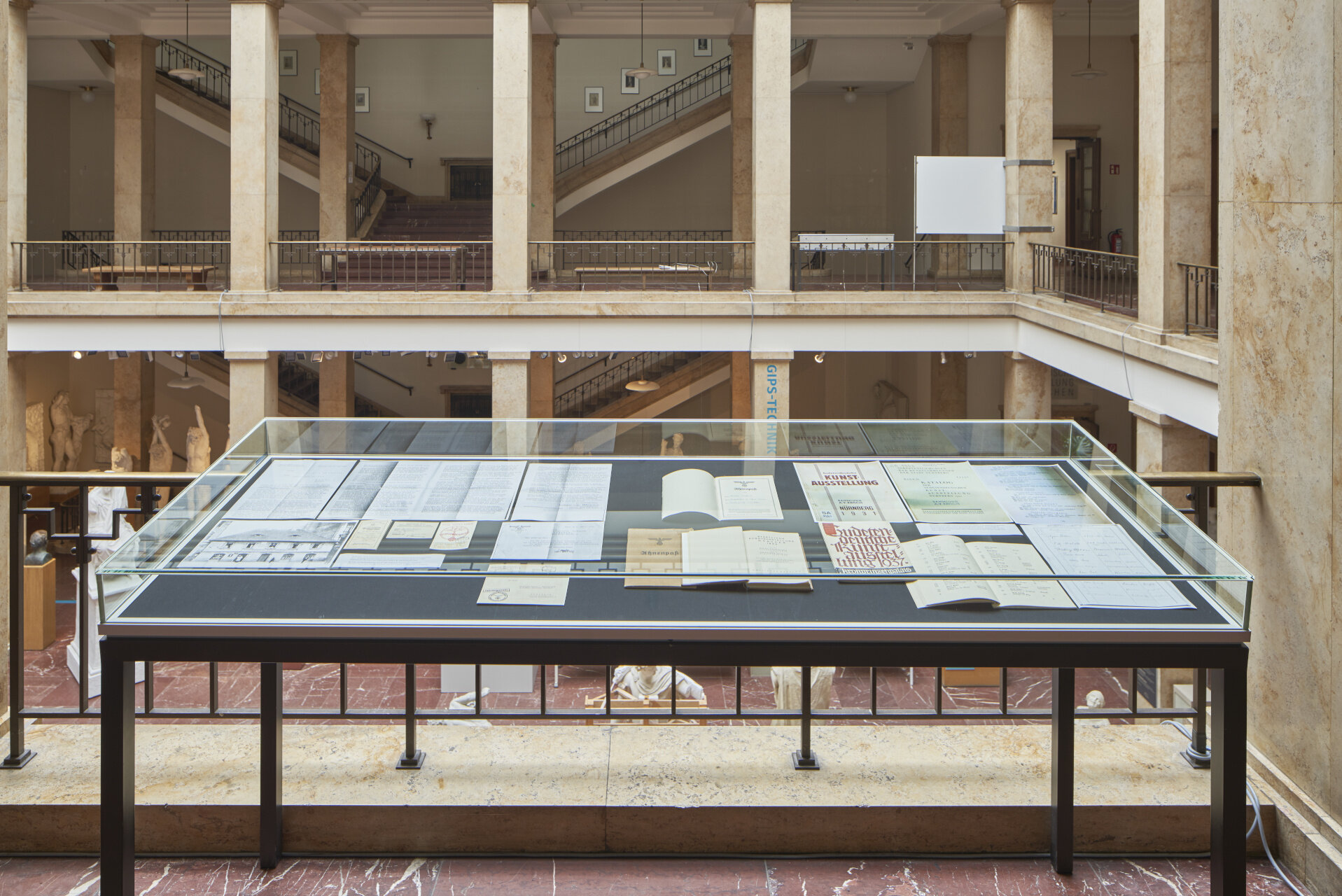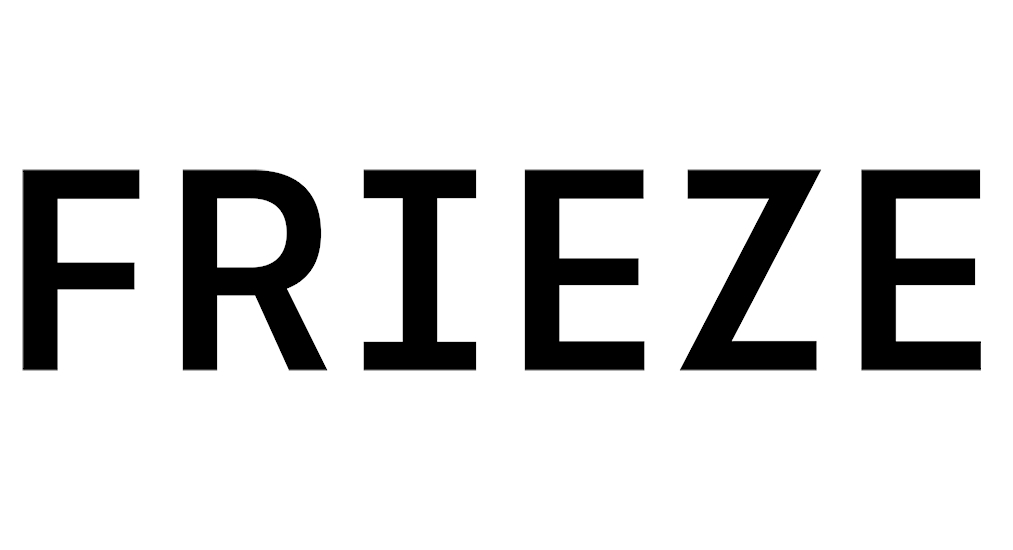About the exhibition
Historian John Henrik Clarke observed how important history is to our present and future: “History is a clock that people use to tell their political and cultural time of day. It is also a compass that people use to find themselves on the map of human geography. History tells a people where they have been and what they have been, where they are, and what they are. Most important, history tells people where they still must go, what they still must be.” (John Henrik Clarke, 1996)
Historical events and our knowledge about them shape our understanding of our world today and our notions of what may lie ahead. Collective remembrance is closely linked with our experiences of the present day. This makes it impossible to draw a final conclusion. Instead, history must be reexamined and recontextualized in an ongoing process. It is also important to consider who interprets the past, and based on what experiences. Which stories are told, and whose stories are heard – or end up being suppressed, consciously or unconsciously? How do we deal with different voices and ambivalence?
The works of art collected in Tell me about yesterday tomorrow are dedicated to a number of different topics: the resurgence of nationalism, racism, and anti-Semitism; the violent exploitation of humans and the natural world; the cultural and political impact of war, suppression, and trauma; and how national myths are depicted. They testify to how emotions are used to mobilize groups within society, by conjuring up fears and desires and how people are stigmatized as “the Others” while collective narratives are pressed into the service of political ideologies. The exhibition’s international perspective reflects the global dimensions of these critical occurrences.
Fostering a culture of remembrance is crucial to the future of our democracies. It creates awareness not only of the historical conditions that have led to exclusion, degradation, and destruction, but also of our responsibility for ensuring that these processes – created and influenced by people – do not repeat themselves. Now, with right-wing populism and autocratic and fascist tendencies once more on the rise worldwide, reflecting on history is more important than ever. The goal is to develop visions of an open, social way of coexisting based on historical experiences while pointing to the positive values that have arisen since the dictatorship was overthrown – a type of potential that Hannah Arendt called the greatest and most fundamental human capacity: the ability to reconsider, rethink, and create something that has never been before.
Rooted in close cooperation between the fields of art and history, Tell me about yesterday tomorrow addresses the complexity of historiography and offers an opportunity to consider Germany’s past in the context of international developments. As one avenue of political thinking, art supplements historical remembrance work and offers reflections on the meaning and future of shared international remembrance.
Looking back becomes a way of looking ahead. This approach points to what once was and to what may yet be – not to create a simplistic equivalence between historical and current events, but instead to foster awareness of where the similarities lie and what we can learn from historical experience. Thus the exhibition does not offer a self-contained, linear treatment of its subject, but rather draws a complex picture of past and present realities. It also invites viewers to sense the ambivalences present in human actions, along with diffuse tendencies that do not yet have a clear name. Tell me about yesterday tomorrow creates connections between the past, present, and future to remind us that history has an ongoing impact and we should stay aware so that we can recognize similarities before terrible events can recur.
Project team
Director Mirjam Zadoff
Artistic Director Nicolaus Schafhausen
Assistant Curator Juliane Bischoff
Project Manager Anke Hoffsten
Project Organisation Sonja Eschenbach
Production und Technics Michael Busam, Joseph Köttl, Jürgen Goligowski, Ibrahim Özcan
Architecture Buero Kofink Schels: Simon Jüttner, Sebastian Kofink, Markus Stolz
Design Boy Vereecken and Antoine Begon
Press and public relations Kirstin Frieden, Ilona Holzmeier, Thomas Zörr
Education Nathalie Jacobsen, Dirk Riedel, Thomas Rink, Elisabeth Schulte
Audioguide Nils Emmerichs, Bernhard Jugel
Contributors Nils Emmerichs, Andreas Eichmüller
Media partner Deutschlandfunk Kultur
Partners Benediktinerabtei St. Bonifaz München, Kulturreferat der Landeshauptstadt München, Programm „Kunst im öffentlichen Raum“, Ludwig-Maximilians-Universität München, Städtische Galerie im Lenbachhaus und Kunstbau München, Zentralinstitut für Kunstgeschichte München
Acknowledgments We thank all artists, partners, lenders, and supporters who contributed to the success of the project through their creative involvement and generous support.


